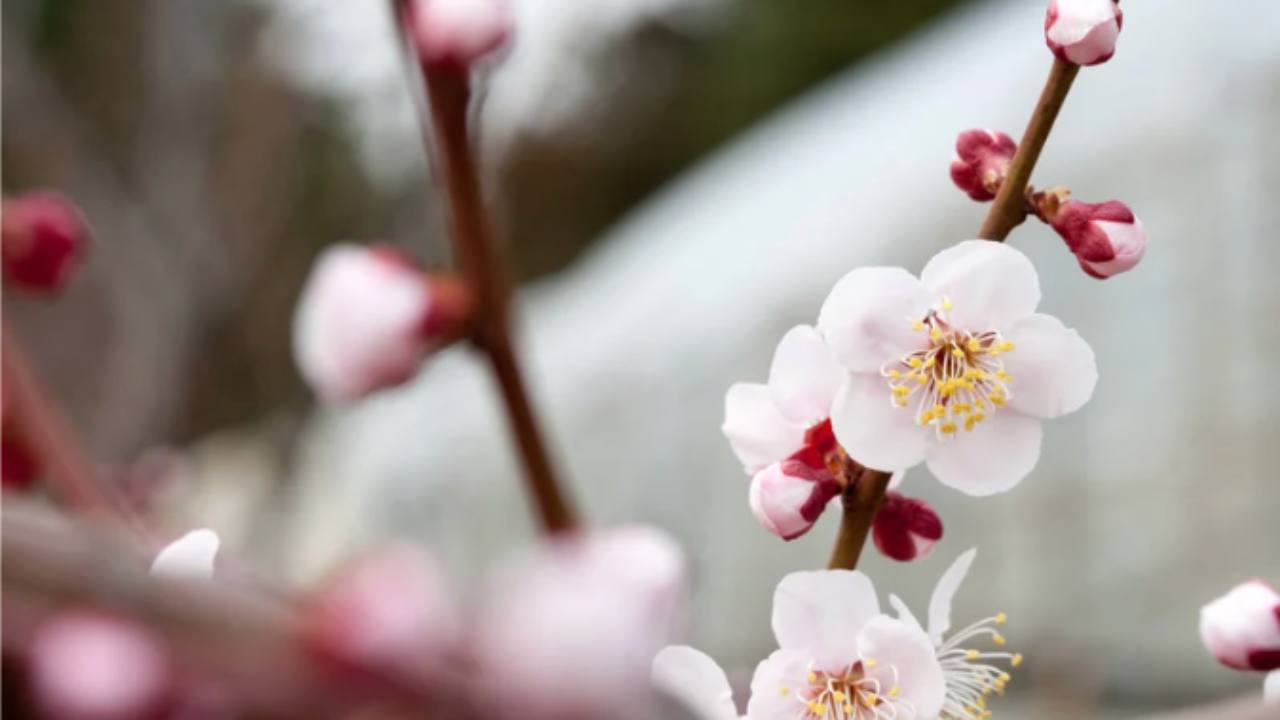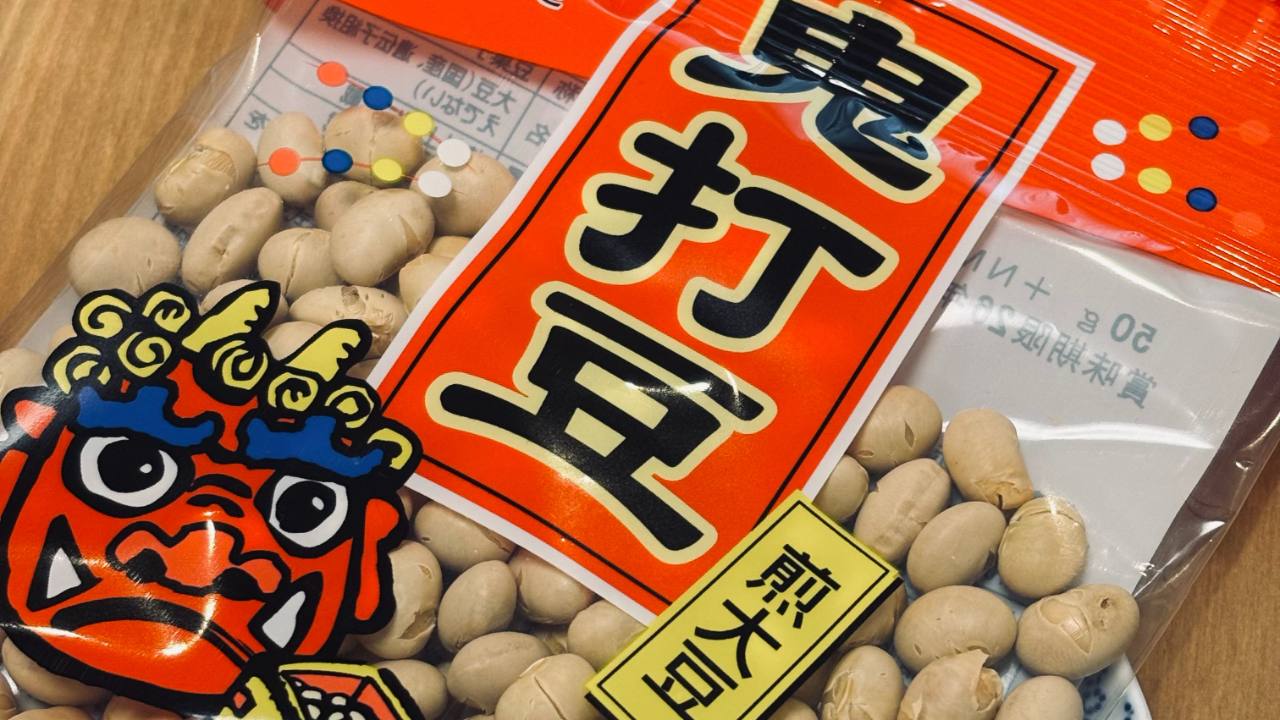花は散り際/The Beauty of Letting Go
こんにちは、いろはです。
桜の季節もそろそろ終わりに近づき、あちこちで花びらが舞い散っていますね。
Hello, this is Iroha.
The cherry blossom season is coming to an end here in Japan.
Petals are now drifting through the air and quietly settling on the ground.
私はこの「散り際」の桜がとても好きです。
咲き誇る姿も美しいけれど、風に舞い、静かに地面に降り積もる花びらの姿には、また違った美しさがあると感じます。
While full bloom is of course beautiful, I personally love this moment of falling blossoms—the gentle fading, the quiet farewell.
「散り際の美学」とは?
日本には、「花は散り際が美しい」という感覚があります。
The Beauty of Letting Go
In Japan, there's a deeply rooted sense that “the beauty of a flower lies in how it falls.”
これは、桜のように短い命の中で精一杯咲き、潔く散っていく姿に美しさを見出すという、日本独特の美意識です。
This is especially true of sakura, which bloom for just a short time and fall gracefully, almost all at once.
こうした感覚は、「もののあはれ」や「無常観」といった日本文化の根底にある考え方とも深く関係しています。
This aesthetic is closely tied to cultural concepts such as “mono no aware” (a deep, gentle appreciation of impermanence) and mujo (the transience of all things).
「いつか終わると知っているからこそ、今がかけがえのないものに思える」——そんな気持ちを大切にしてきたのが、日本人の感性なのかもしれません。
Because we know things won’t last forever, we treasure them even more in the present.
海外との違い
多くの国では、花が「咲いている状態」そのものが美とされることが多いと思います。
A Cultural Difference
In many countries, beauty is often found in the peak—when a flower is in full bloom.
けれど日本では、「咲き終わり」「散り際」「終わりに向かう美しさ」に心惹かれる人が少なくありません。
But in Japan, many people feel something even more profound in the ending, in the act of falling or fading away.
この美学は、人生や別れの瞬間にも重ねられることがあります。
たとえば、卒業式や退職、旅立ちの場面など。
This appreciation of endings is also reflected in other aspects of life—such as graduations, farewells, or retirement.
「立つ鳥跡を濁さず」と言うように、終わり方に美しさを求める文化があるのです。There’s even a saying: “A departing bird does not muddy the water.” It means there is beauty in how we end things.
おわりに
散っていく花を見ながら、「終わりは寂しいけれど、美しい」と思えること。
それは、変化や別れに寄り添うための、日本らしい心のあり方かもしれません。・
In Closing
To find beauty in something that is coming to an end—
That might be a uniquely Japanese way of accepting change and cherishing what once was.
皆さんの国では、こうした「終わりの美しさ」にまつわる考え方はありますか?
ぜひ教えてくださいね。
– いろは
Is there a similar way of thinking in your culture—an appreciation for how things end?
I’d love to hear about it.
– Iroha





